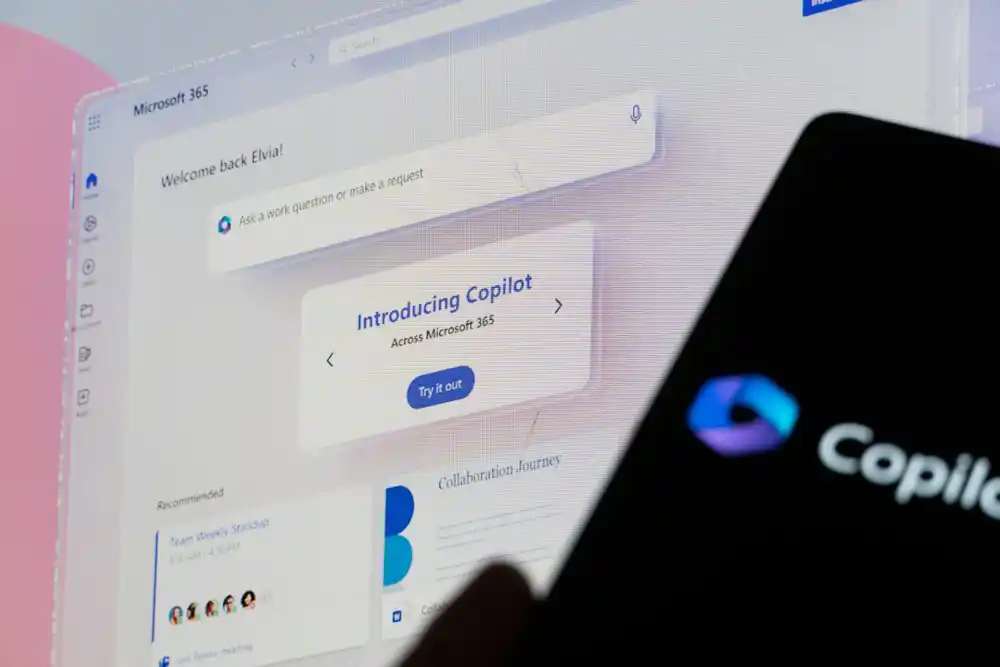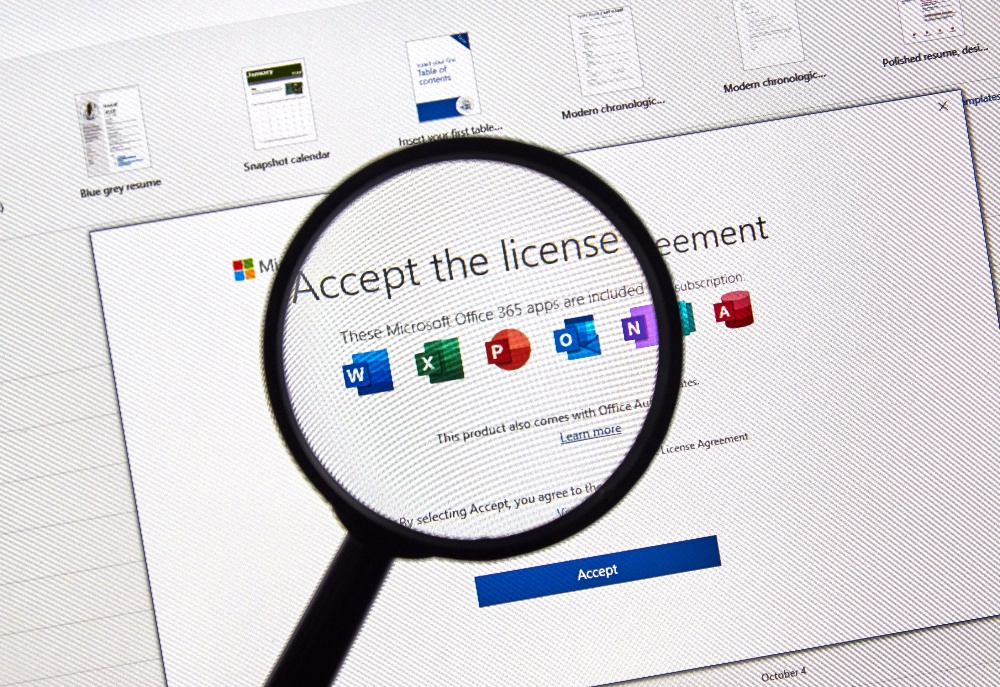What's New with Microsoft? A Deep Dive into Recent Product Updates
2024 has been full of excitement already and one of the factors is that Microsoft made many major announcements! We already covered the release of ...
3 min read
cloudservuscom Sep 29, 2021 4:01:41 AM

Recently, Microsoft announced that, effective March 1, 2022, subscription prices for its Office 365 and Microsoft 365 products will increase, due to the increased value Microsoft has added to its products over the past decade.
Specifically, here are the products that will be affected, as well as the percent change for each product:
| Plan | Old price per month, per user | New Price per month, per user | Increase per month, per user | Increase per year, per user | % Change |
| Office 365 E1 | $8 | $10 | $2 | $24 | 25% |
| Office 365 E3 | $20 | $23 | $3 | $36 | 15% |
| Office 365 E5 | $35 | $38 | $3 | $36 | 9% |
| Microsoft 365 E3 | $32 | $36 | $4 | $48 | 13% |
| Microsoft 365 E5 | $57 | $57 | $0 | $0 | 0% |
| Microsoft 365 Business Basic | $5 | $6 | $1 | $12 | 20% |
| Microsoft 365 Business Premium | $20 | $22 | $2 | $24 | 10% |
You’ll be affected by these changes whether you’re a Cloud Solution Provider (CSP) customer, a Commercial Volume License Agreement customer, or a Web Direct customer.
CSP and Volume License Agreement customers can switch from monthly plans to annual contracts to lock in the old pricing for the next year, though you’ll need to act fast. After March 1, 2022, customers will have to renew their subscriptions at the new price.
Ultimately, an increase of $3 per month, per user, might not seem like much. But if you’re a large organization with 1,000 users a month, that $3 can translate into a much more significant $36,000 in additional costs each year.
Tenant administrators need to pay attention to these license management changes, as there’s never been a better time to:
According to Jared Spataro, Corporate Vice President for Microsoft 365, this is the first time Microsoft has increased its prices since 2011. In an article for Microsoft, Spataro details how Microsoft’s productivity suites have improved over the years, without hiking prices.
Since June 2011, Microsoft has added over 1,400 additional features to Office 365, including security features such as sensitivity labels, message encryption, and tools to prevent data loss in documents and emails.
In this time, Microsoft has also introduced:
In total, the suite has grown from seven apps to 24, with new additions including SharePoint, Power BI, OneDrive, Access, Power Apps, Planner, and Teams. Some of these new apps may not be necessary to you, but some – including Teams, OneDrive, Lists, WhiteBoard, Forms, and SharePoint – are essential upgrades for just about everyone.
One final notable upgrade is Microsoft’s announcement that it plans to add unlimited dial-in audio conferencing functionality to Teams over the next few months. The feature will be available soon for Teams meetings in Business, Enterprise, Frontline, and Government editions (only Microsoft 365 E5 and Office 365 E5 have traditionally included this feature). As a result, team members will be able to dial in on any device, from anywhere, even if their internet connection is poor.
It’s worth noting that some Microsoft plans will remain unchanged at this time, including the F-series for frontline workers and Microsoft 365 E5, government, education, and consumer subscriptions.
The company has also stated that it intends to keep Microsoft 365 E5 prices unchanged to make it “even more attractive” than the perpetual-licensed Office, which users have the option of purchasing upfront and using as long as they like. Further, the next enterprise edition with a perpetual license, Office LTSC, will cost 10% more (in February, Microsoft announced that it would support Office LTSC for just five more years).
As Microsoft is clearly favoring subscription pricing over perpetual licensing, the need to optimize your Microsoft licensing strategy to save money and simplify your SKUs becomes even more important.
If you’re currently in a direct licensing engagement, not only are you likely paying retail rates (compared to purchasing through a CSP or enterprise agreement) and paying extra for premium support, but you may also be struggling to understand what you’re paying for in the first place, due to Microsoft’s complicated billing statements.
If any of these challenges sound familiar, it may be time to connect with CloudServus. Our CSP customers have access to regular licensing business reviews, including customized recommendations based on up-to-date knowledge of Microsoft pricing changes. Reach out today to learn more.

2024 has been full of excitement already and one of the factors is that Microsoft made many major announcements! We already covered the release of ...

The Copilot products just keep coming! Microsoft Copilot for Service and Copilot for Sales became generally available through the New Commerce...

There is some big news in the world of Microsoft licensing this month! In the summer of 2023, Microsoft modified the licensing for Microsoft 365,...